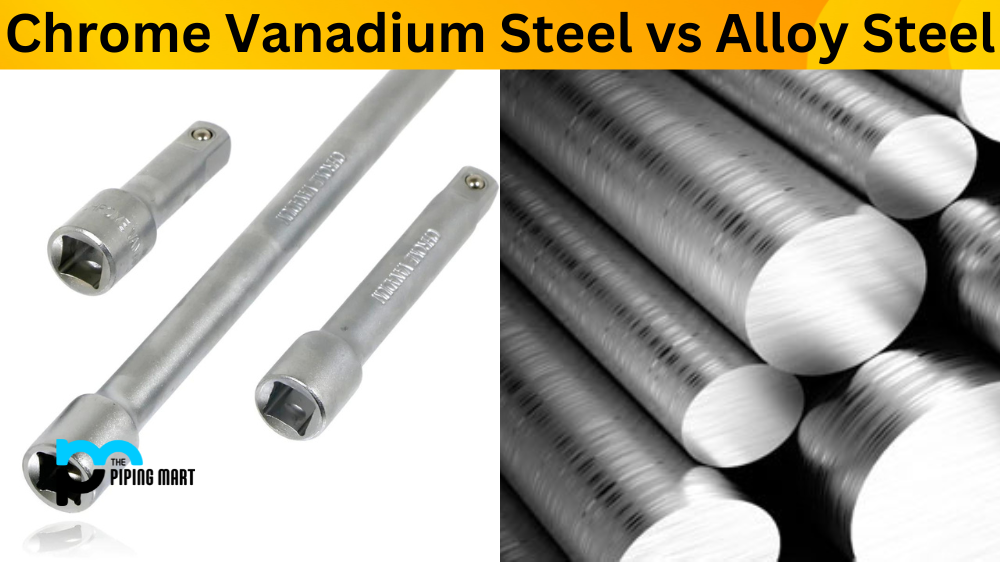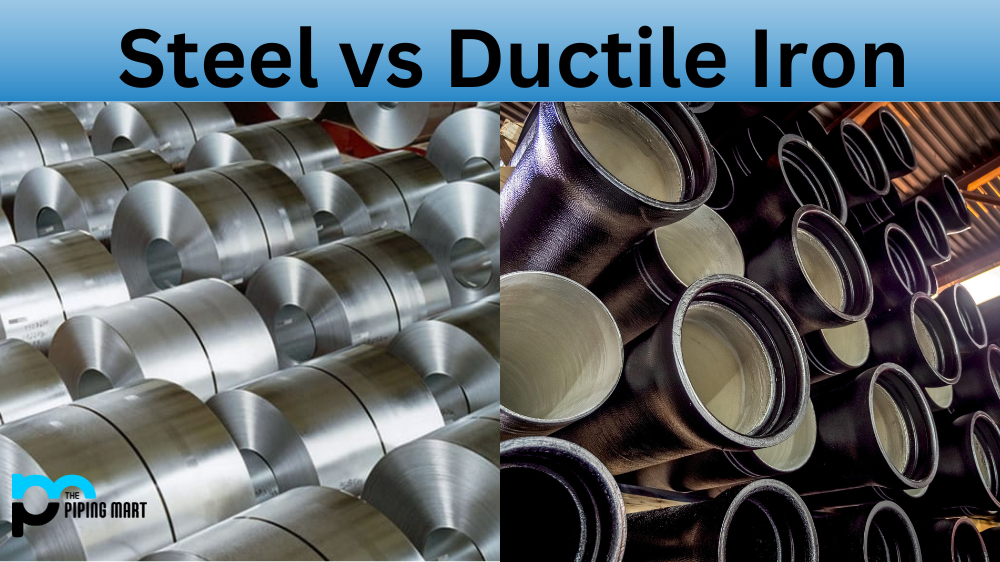Whether you are a professional mechanic, DIY enthusiast, or just someone who likes to work with tools, choosing the right type of steel can make a big difference in its durability and performance. Two popular options on the market are chrome vanadium steel and alloy steel. In this blog, we will closely examine these two materials, compare their properties, and help you decide which is best for your tools.
What is Chrome Vanadium Steel?
Chrome vanadium steel is an alloy that contains small amounts of chromium and vanadium to enhance its strength, toughness, and wear resistance. It is often used in tools that require high torque, such as sockets, wrenches, and screwdrivers. Chrome vanadium steel has a hardness of around 62 to 64 HRC, making it extremely tough and durable. Thanks to its chromium content, it also has excellent rust and corrosion resistance.
What is Alloy Steel?
Alloy steel is a general term for any steel that contains other elements besides iron and carbon. Depending on the alloy, it can include components such as nickel, chromium, vanadium, molybdenum, or manganese, among others. Alloy steel is known for its strength, toughness, and hardness and is often used in structural applications, machinery, and tools. The properties of alloy steel can vary greatly depending on the exact composition and manufacturing process.
Difference Between Chrome Vanadium Steel and Alloy Steel
Properties of Chrome Vanadium Steel vs Alloy Steel
There are several factors to consider when comparing chrome vanadium and alloy steel. Both materials have high strength and toughness, but chrome vanadium steel generally has a higher hardness and wear resistance. It is also more resistant to corrosion and rust, making it a good choice for tools exposed to moisture or harsh environments.
On the other hand, alloy steel is more versatile and can be tailored to specific applications with different alloying elements. It can also be heat-treated to enhance its properties, such as increasing its hardness or flexibility. However, it may be more prone to corrosion and rust if not properly maintained.
Which is Better for Tools?
The choice between chrome vanadium steel and alloy steel depends on the specific application and tool. For hand tools that require high torque and precision, such as sockets and wrenches, chrome vanadium steel is often the preferred choice because of its superior hardness and wear resistance. However, alloy steel may be better for more complex tools requiring strength and flexibility, such as drill bits or saw blades, because of its versatility and customization options.
It is important to note that the quality and craftsmanship of the tool itself also play a significant role in its performance and durability. A high-quality tool made from either chrome vanadium steel or alloy steel will outperform a lower-quality tool made from a more expensive material.
Conclusion
In summary, depending on the application and tool design, chrome vanadium and alloy steel are excellent tool choices. Chrome vanadium steel is known for its high hardness and wear resistance, ideal for hand tools requiring precision and high torque. On the other hand, alloy steel is more versatile and can be tailored to specific applications with different alloying elements. Ultimately, the key to selecting the best material for your tools is to choose a high-quality tool made by a reputable manufacturer, regardless of the steel type.
Meet Heer, a dynamic and driven writer learning tricks of her trade in the metal industry. With a background in Digital Marketing, Heer brings a unique perspective to her writing, sharing valuable insights. Apart from blogging she like reading and hiking.




